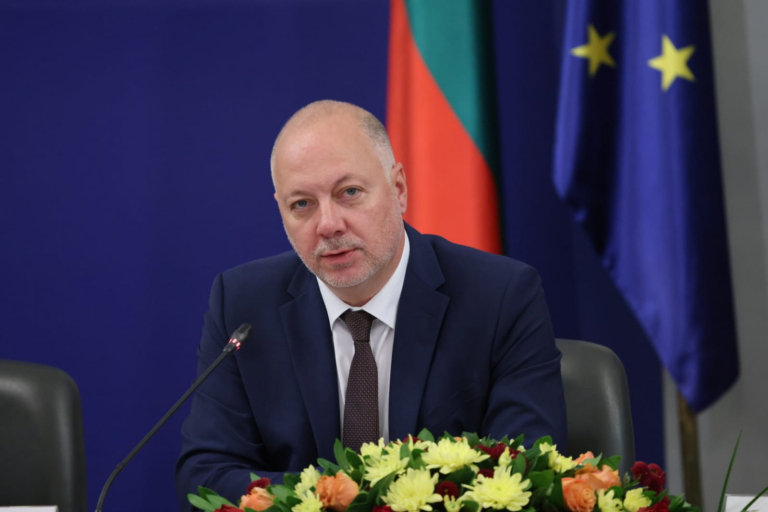
03.07.2025
No child should be left outside the education system. We are immediately restoring the highest level of commitment by the central government to address this issue and to continue the sustainable progress that began in 2017. This was stated by Prime Minister Rossen Jeliazkov at the start of a meeting he convened with the Coordination Unit under the Mechanism for Joint Institutional Action to Enroll, Include, and Prevent the Dropout of Children and Students from the Education System. The Prime Minister pointed out that thanks to this mechanism, nearly 75,000 children have been brought back to the classroom, and for the first time the share of early school leavers has dropped to about 9%, placing Bulgaria below the EU average. However, in recent years institutions have been acting out of inertia on this issue, evidenced by the fact that the previous meeting of the Coordination Unit under the Mechanism took place back in 2023.
Now is the time to start work while students are on vacation so that we can be more effective in the coming school year, Prime Minister Rossen Jeliazkov emphasized. The Prime Minister outlined the responsibilities of the various ministries and regional governors on the matter. Each region will have a specific action plan with clear deadlines and will conduct real monitoring of progress, with regional governors personally involved. Full mobilization will also take place within the Ministry of Interior and its regional directorates, and a national meeting will be held to assign specific tasks under the Mechanism.
At the same time, the Ministry of Labour and Social Policy, together with the Ministry of Health, will launch a national campaign to prevent early pregnancies. The Ministry of Regional Development and Public Works will ensure the regular updating of the National Population Database to promptly reflect changes in registration. The Ministry of Education and Science will strengthen monitoring of actual student attendance and restore strict controls over fictitious enrollments, which are a direct responsibility of the Regional Education Authorities. Deputy Prime Minister Tomislav Donchev has been appointed coordinator for all activities and will oversee inter-institutional cooperation.
The first and most important task is to reach children of pre-school age because early integration is key, Jeliazkov stated. In his words, this should not be the task of a single government but rather an effort to be built upon and implemented consistently over time to achieve lasting results.
Deputy Prime Minister Tomislav Donchev noted that the Mechanism has existed for eight years already, which is proof that it is not a one-off campaign. According to him, in order to achieve maximum effectiveness, there must be full coordination among the various institutions so that all measures are applied with the same intensity across the entire country. “We need to pick up the pace and ensure symmetry in everyone’s efforts, which will lead to even better results,” Donchev emphasized.
The Minister of Education and Science, Krasimir Valchev, highlighted the role of regional governors, mayors, and educational mediators. Also on the agenda are legislative changes so that the concept of territorial responsibility by school and kindergarten principals can be gradually developed. “The work is thankless in the short term, but in the long term, the results are visible, which is why it is important to keep going,” Minister Valchev said, adding that the goal is to further reduce the percentage of children dropping out of the education system. Education is the most important factor for our socio-economic development and for the prosperity of every person, Minister Krasimir Valchev concluded firmly.